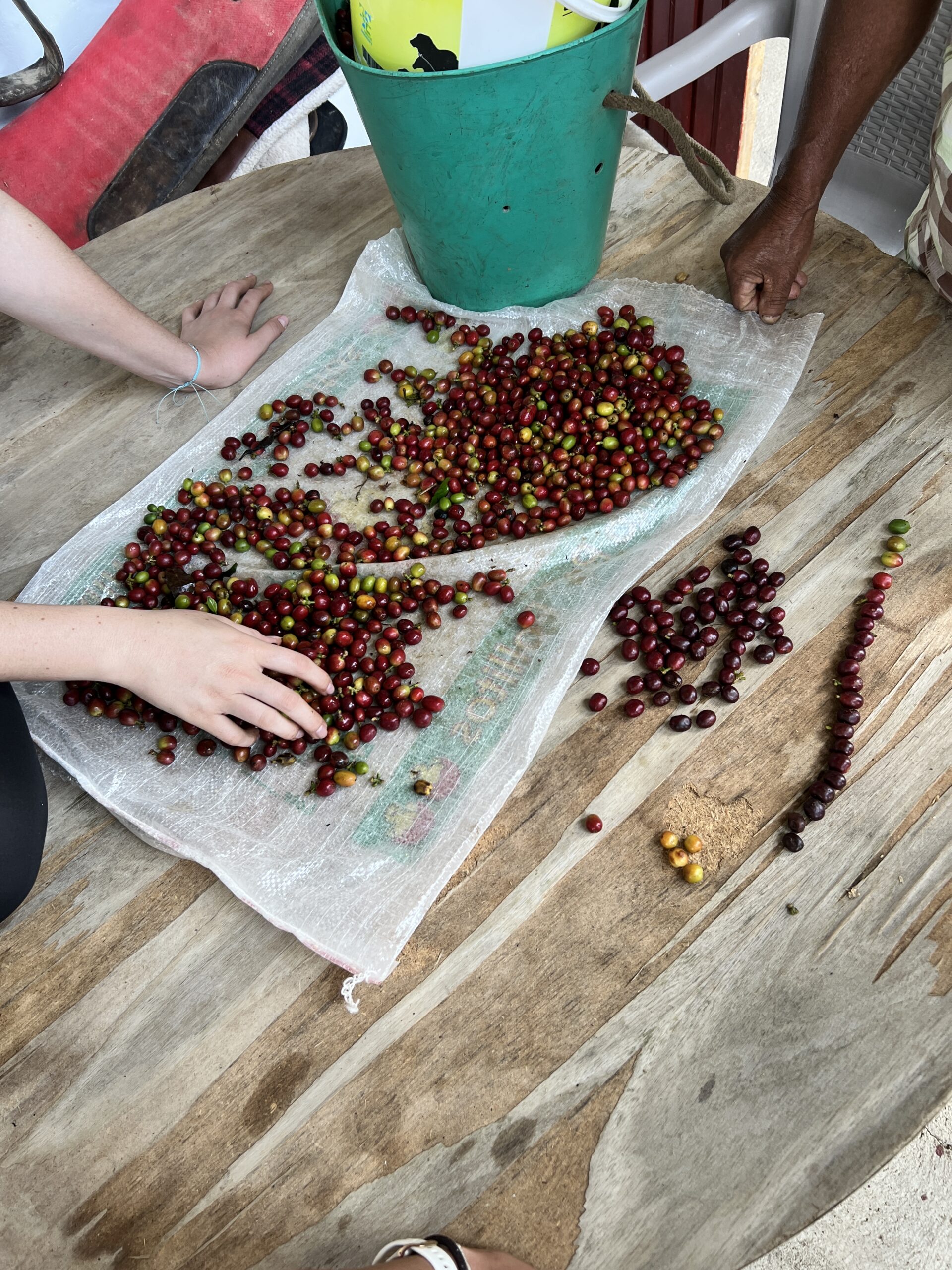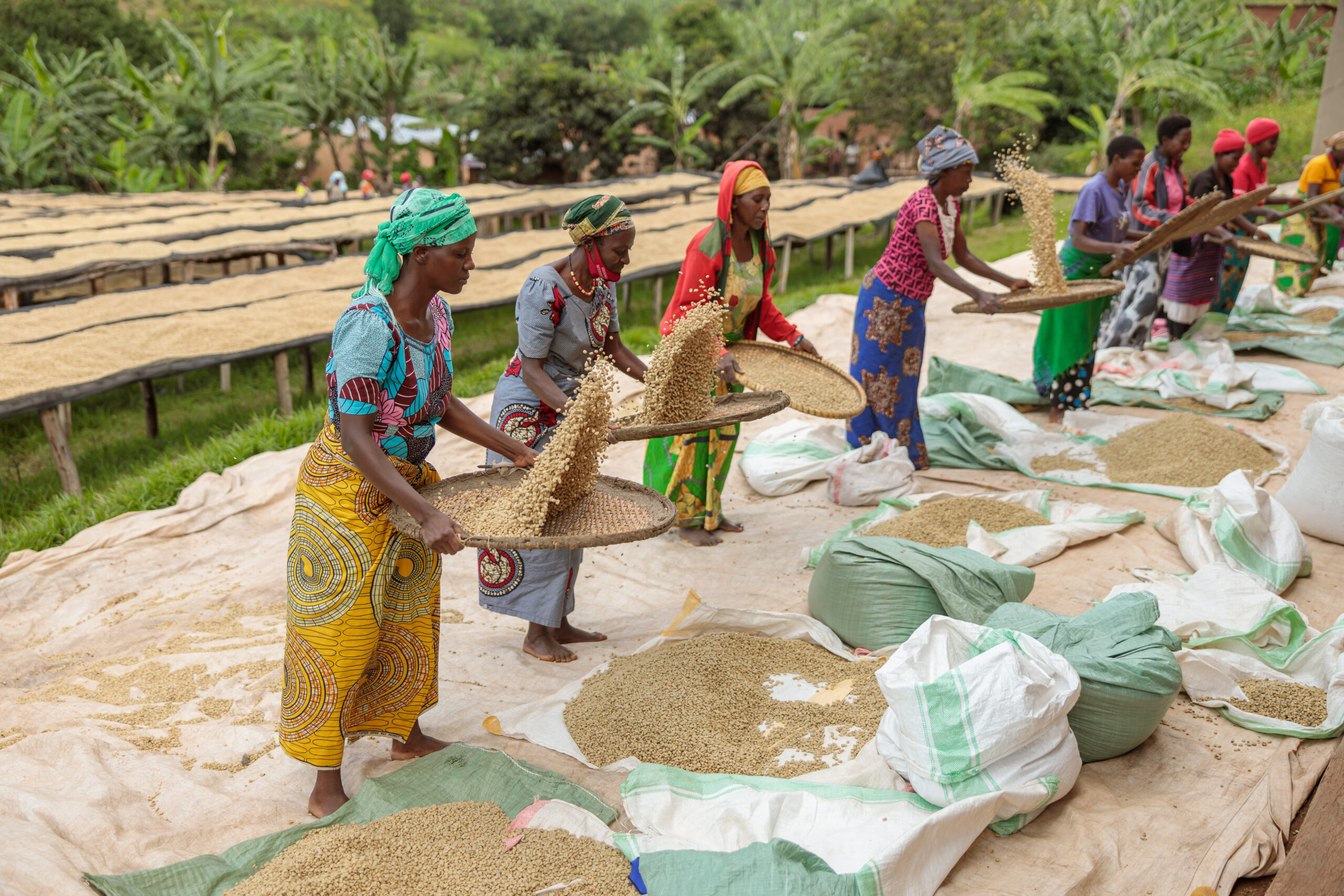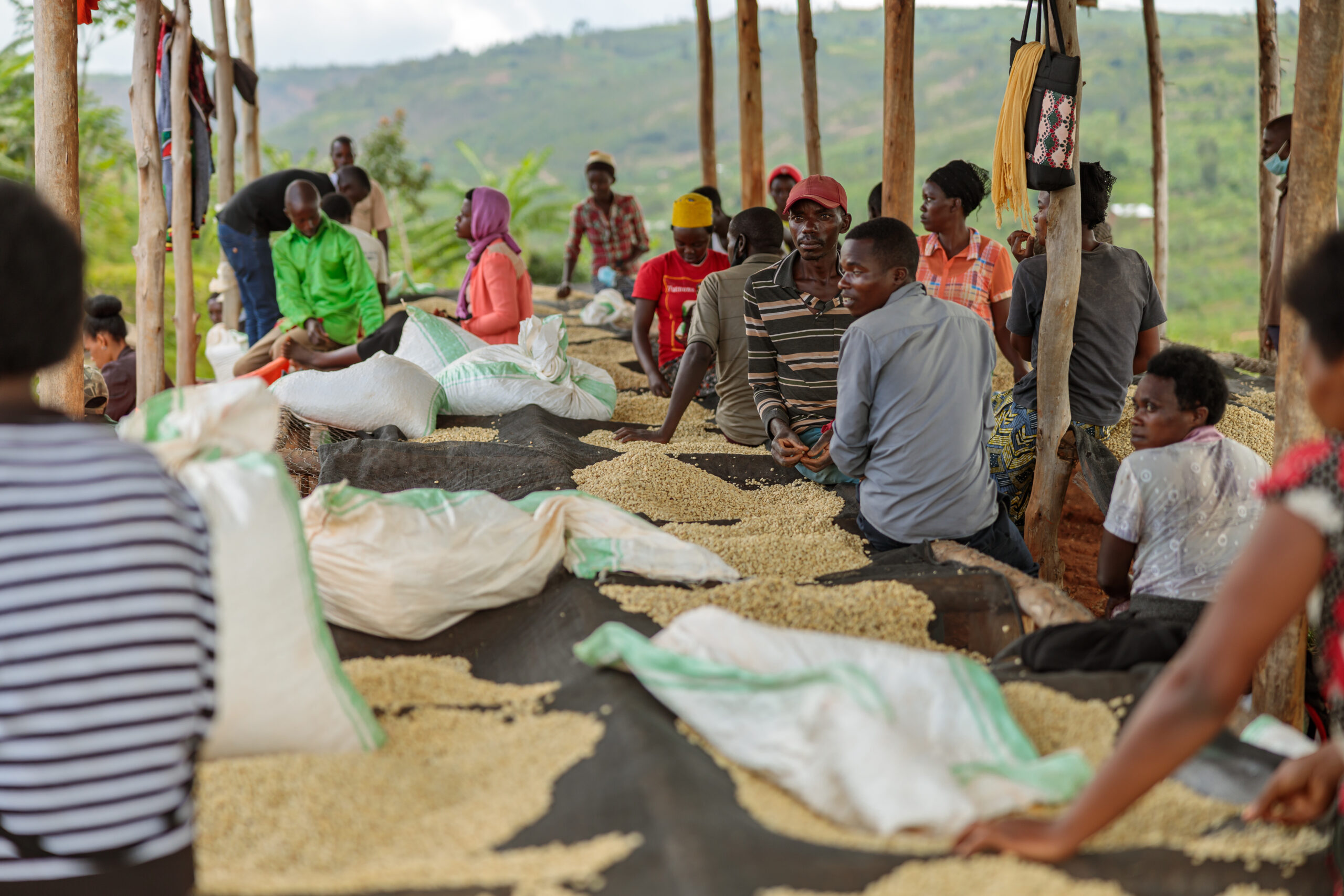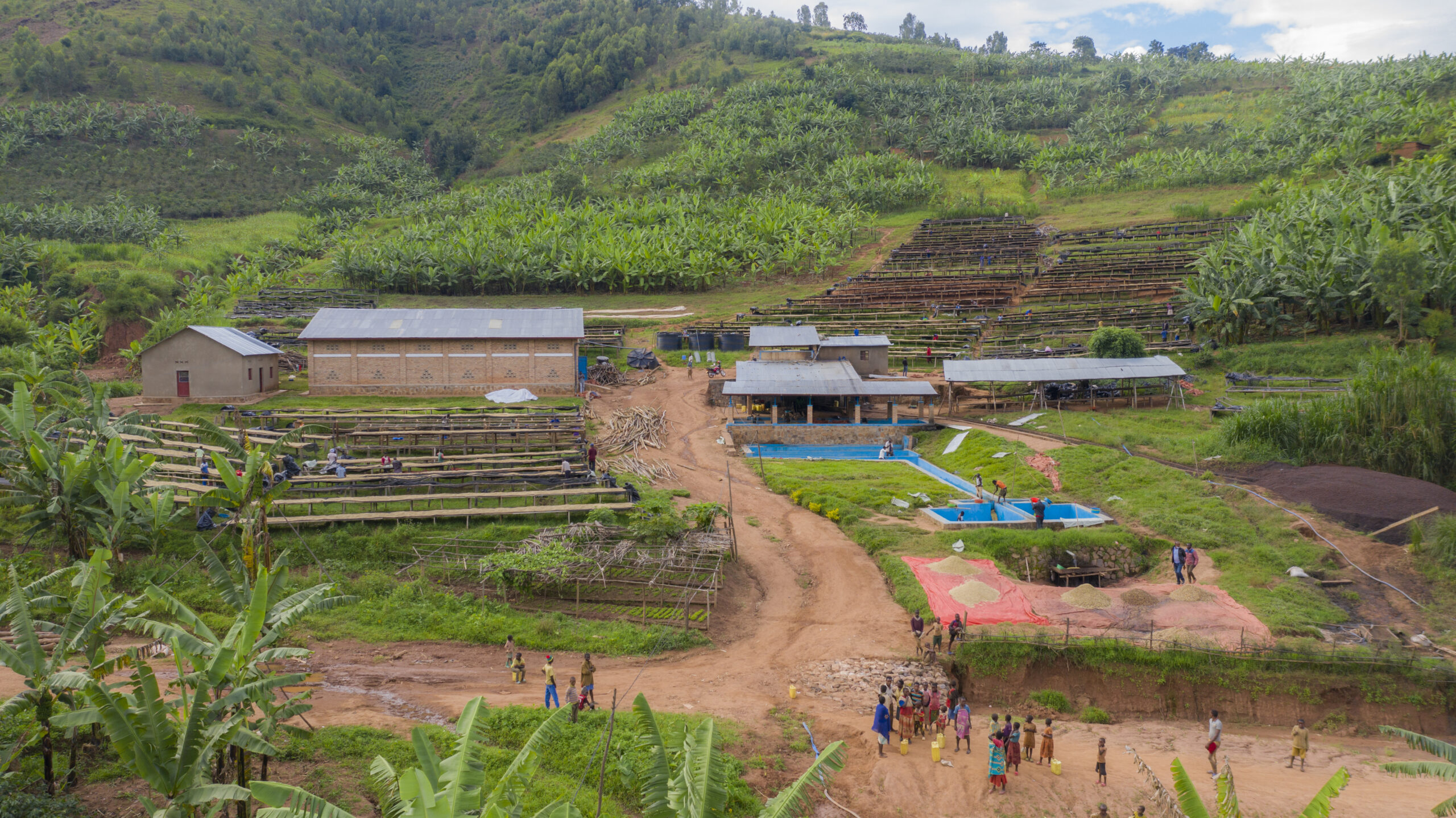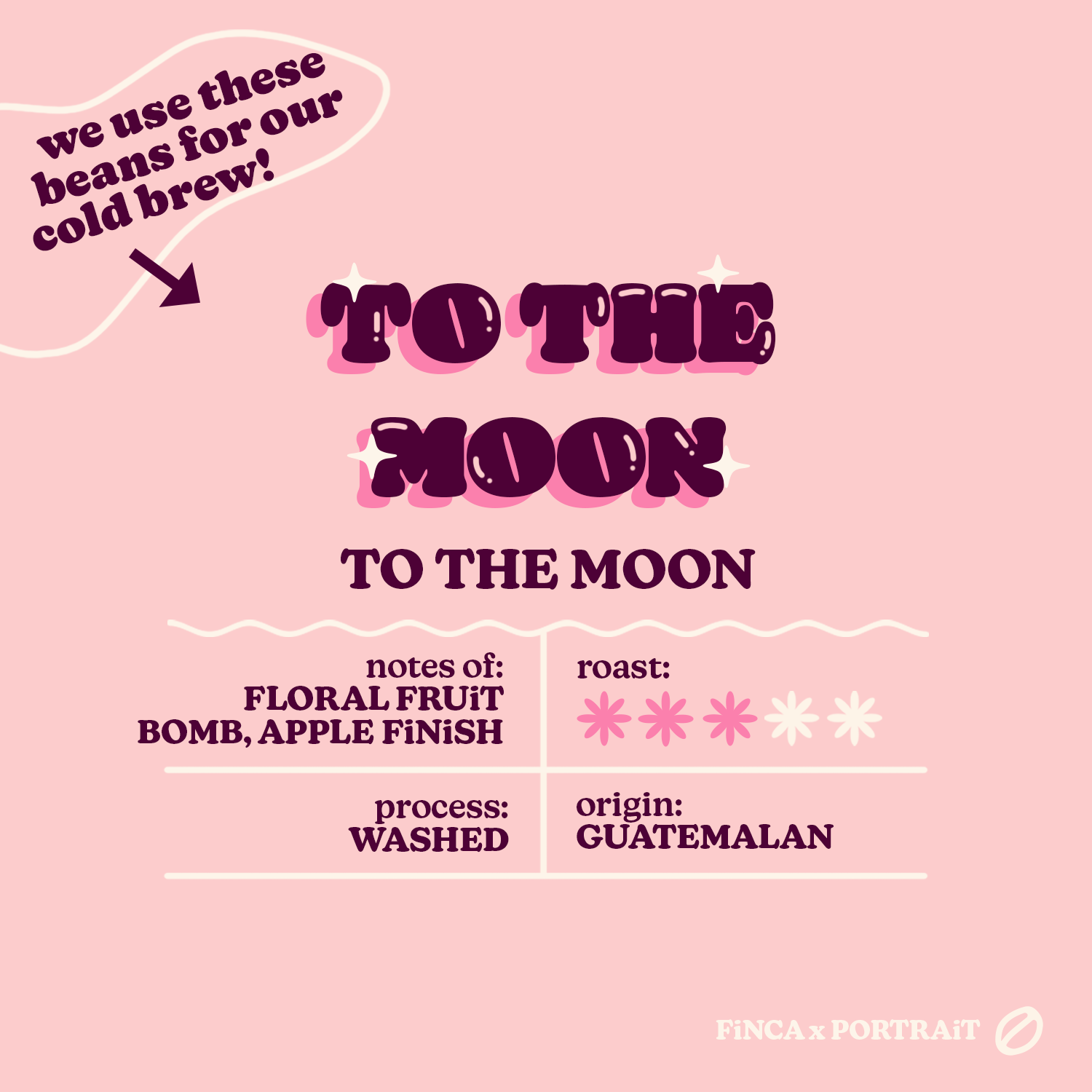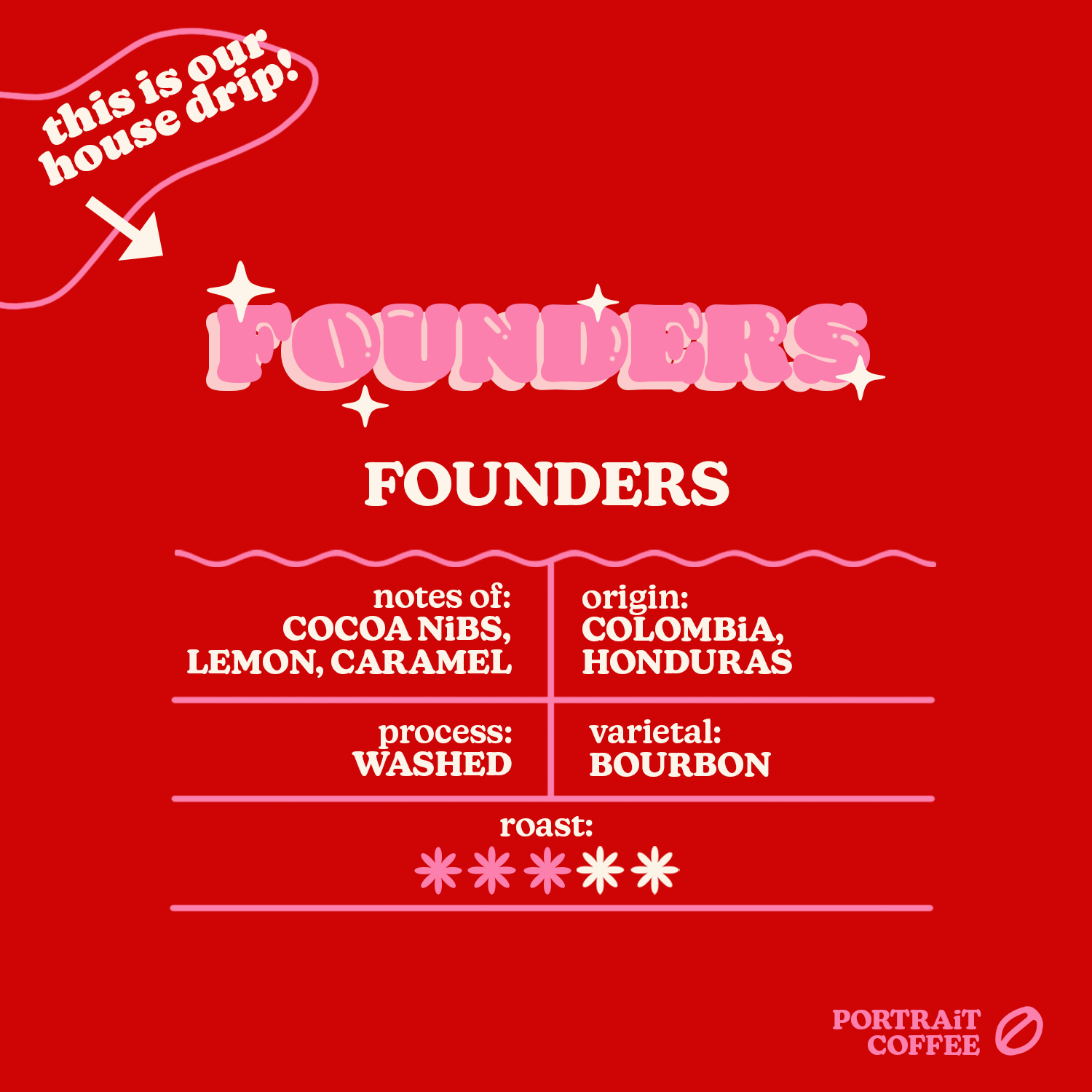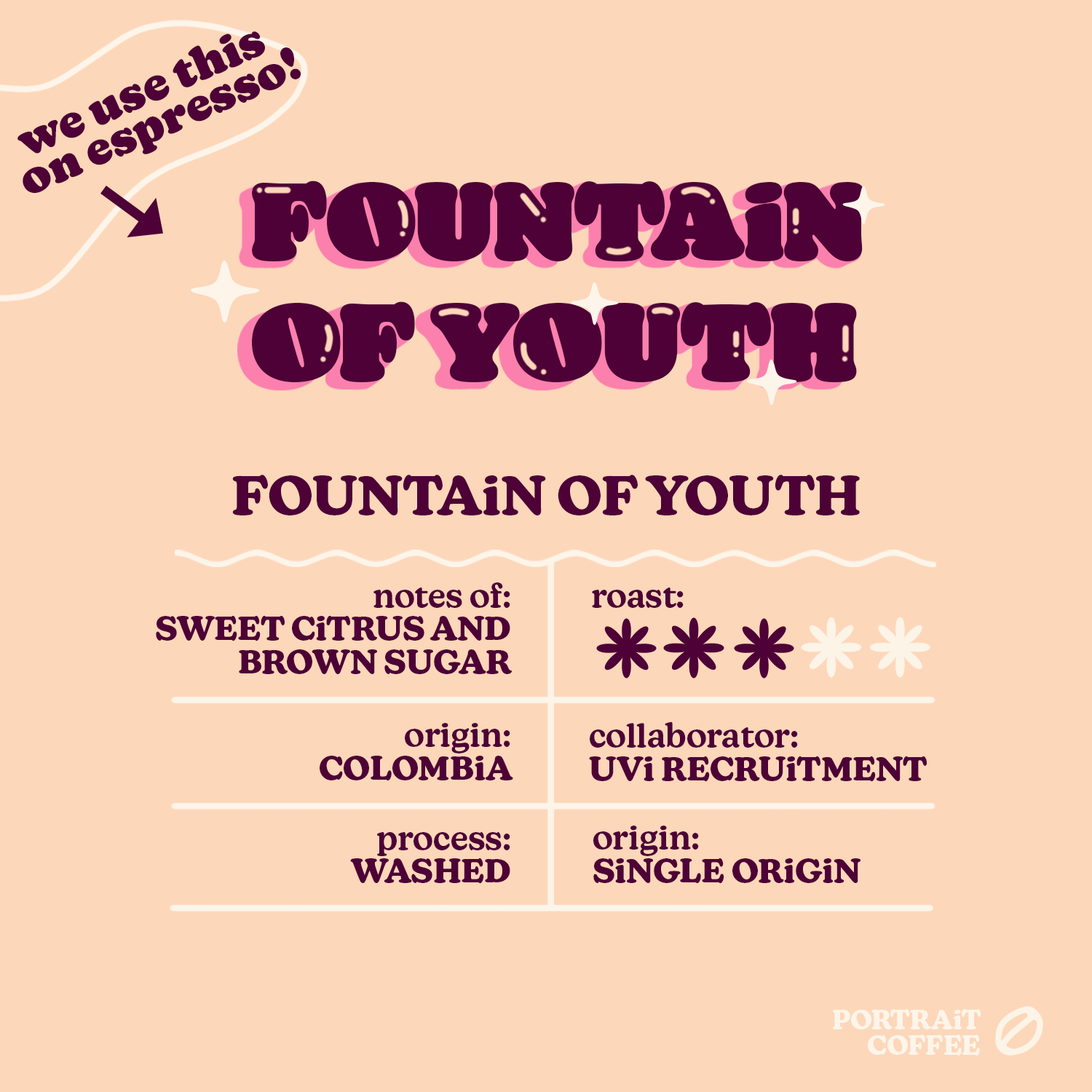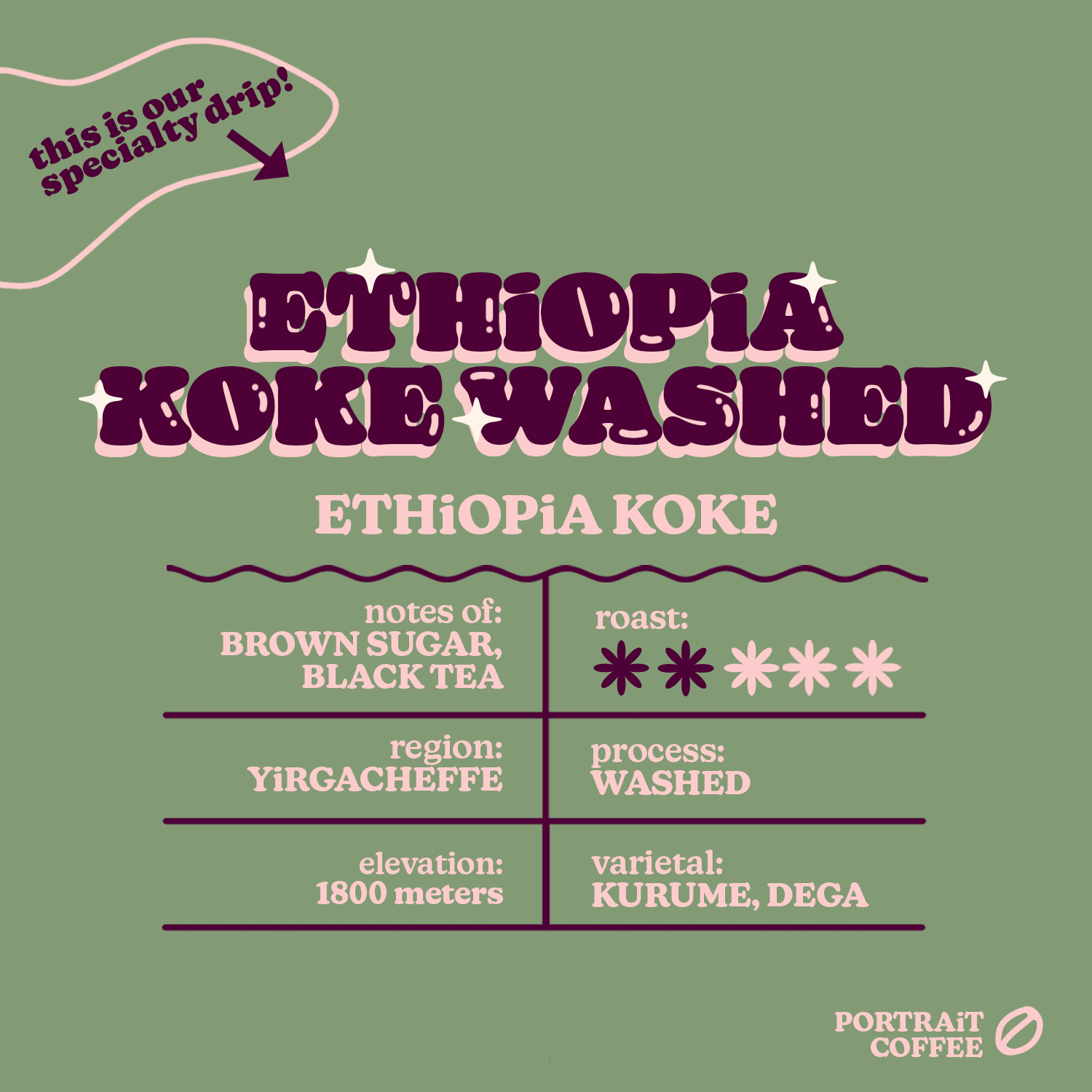Description
The station was newly constructed in 2017 by a dierent owner, but Emmanuel stepped in to purchase Humure during the 2018 season. He immediately made large investments in infrastructure – new fermentation tanks, new washing channels, and larger storage units – thus, increasing the production capacity by 20x in the first three years of operation. Though the region is currently dominated by banana and maize production, Baho has established an impressive seedling distribution program that’s mobilizing farmers to start planting more coffee.
Emmanuel preaches the potential of both high quality and high volumes at Humure, thanks to the combination of relatively flatter lands coupled with an established infrastructure of shade trees from it being located in a prominent banana growing region. Because of this, Baho is investing a lot of energy into farmer education in the surrounding areas. According to Emmanuel, this includes: “… training in coee mulching, harvesting, weeding, pesticide application and fertilizer application. Farmers are trained on intercropping and shade trees in the field, farmers are helped to get seedlings of fruit trees. Farmers are given training in soil management and biodiversity.”
—
REMERA HILL
Emmanuel presented to us a handful of lots in 2019 that were traced back to communities surrounding specific hills. This initiative immediately sparked our interest and kickstarted our discussions on how we could expand and deepen this type of traceability. As buyers, it’s always exciting to find more information about where coee is coming from; but additionally, Emmanuel made it very clear that it was helpful to Baho and their producer network as well. It created the opportunity to directly support producers and hopefully motivate them to continue in specialty.
The Remera Hill lot is a part of Baho’s ongoing appellation project surrounding the Humure Station. They’re focusing on smaller lot separations by processing groups of farmers’ coee together based on the highest quality growing areas. This is the third year that Baho isolated coees from smallholders that live nearest Remera Hill.
In Emmanuel’s words:
Since these are new group that are forming around our cws [coee washing station], based on on what we think might be potential or unique in the zone, we are want make this model mutual benefit where farmers commit to what we are training them, commit to long and honest / loyal relationship with Baho and of course by focusing on both coee quality and quantity. Then at the other side, Baho have responsibility of developing them, buying their cherries, marketing their coee with full traceability and at the end, paying them highest possible price that will make them motivated and happy to grow coee. we strongly believe that our strength is based on happy farmers that we work with.
Humure Remera hill farmers work with our agronomist and managers of the coee washing station to provide them instructions regarding the crop. The main goal is to teach them about all aspects of agricultural practice, including growing coee, harvesting, preserving the environment, and battling illnesses and pests. We also assist them in paying for their medical bills, particularly those who have big families. Humure remera hill is a group of coee farmers who lives and raise their crops on the hill. They were all united together with an aim to deliver easily their production to the coee washing station. With their mission, Baho approched them for supporting them with tools and trainings to fulfill their dreams.
—
PROCESSING
The initial steps for each process are the same: First, a day of intensive sorting at the cherry stage, under complete shade, to ensure only the ripest are chosen and any visible defects are removed. Step two is multiple rounds of floating – filling a large container with cherries and water, discarding the less dense cherries that float to the top of the tank. The densest coees (sinkers) are reserved to be processed as the higher grade lots, and the less dense coees (floaters) are mixed in with the rejected cherries from the initial sorting to be processed as lower grade lots.
The highest quality cherries are then spread out onto raised beds to begin the drying process. The goal is for cherries to be a single, shallow layer on the beds. Cherries are turned frequently, and weather conditions are closely monitored throughout the day. If certain temperature thresholds are exceeded, workers will focus on turning coee more frequently or cover the beds with mesh netting to cool down the environment. This focus on thin layers, coupled with frequent turning and temperature monitoring, is to ensure that the flavors remain clean and free from over-fermentation or mold defects. When the moisture content reaches the target of 10.5 – 11.0%, the drying phase is considered complete. Total drying time for this lot was 39 days.
Emmanuel often compares his drying methods to that of a low and slow style of cooking. Generally speaking, particularly with grilling meat or simmering a stew, cooking gently with a low heat for a long period of time will produce an end product with more cohesive, sweet, saturated flavors. He explains: When you take meat and you put it on charcoal, after 20 min you have your meat ready. But in an oven, it would take 45 minutes. If you put it in hot ash, it may take two hours. When you taste these three meats, there’s a dierence in the taste. I have this kind of thinking that coees that dry slowly, the taste and lifespan of this coee may be longer and more delicious than the coee that dries for 10-12 days in sun.
—
NAMES of FARMERS CONTRIBUTING
NAHASON RUKARA BONIFACE AHORUKOMEYE GASPARD BAZATSINDA EMMANUEL BENDA CLAVER BIHOYIKI
JULIA CYURINYANA DAMASCENE GAKWANDI DAMIEN SIBANIRO GILBERT SINDAYIGAYA
—
ADDITIONAL PAYMENTS
The Rwanda National Agricultural Export Board (NAEB) sets a nationally mandated farmgate price for cherry each year, with the goal of reducing predatory buying practices. This has undoubtedly increased wages for the majority of farmers across the country, but it hinders some station owners by also creating a price ceiling in an attempt to establish market parity. Emmanuel specifically experienced crossing this line in 2018, when he received a letter from the government demanding that he lower prices or else be fined. We’ve learned over the past few years that getting more money into the hands of farmers isn’t quite as simple as raising cherry prices at the station.
Baho has adopted a second payment system as a workaround to this issue. Giving farmers additional compensation later in the year means that you can go o the ocial books. We’re hoping to provide more consistency to this system by setting aside specific amounts of money each season to pay Baho’s producer partners more and more. The increased level of traceability that Baho has been able to achieve is making this process much easier, as we can now begin with dedicated small groups to implement the program. We’ve started small as we explore the best methods of dispersing payments like this fairly, but we hope to scale everything up as we grow together in the future and continue to explore Rwandese farmers’ costs of living.
We witnessed a unique scenario during the past few seasons where increased market demand has led to a countrywide spike in prices and extreme competition amongst stations to collect cherries. To fulfill their contracts, commodity focused stations have been paying at levels above the national average for any quality level. This means Baho has had to continuously (a) increase prices as high as possible and (b) start accepting more of a variety of cherry ripeness levels. It’s become commonplace that a much higher percentage of cherry than usual – up to 30% in some cases – must be sorted out to achieve their ripeness standards. He’s seen this put a massive strain on the workforce at washing stations; and because of these factors, all Baho has started incorporating bonuses at the end of the season for their station management sta.
These issues are continuously evolving and are accompanied by equally shapeshifting solutions. The answers are never one size fits all; and thus, we will always work closely with Emmanuel to strengthen our partnership and support in the specific areas where we’re most needed at any given time. In addition to helping guarantee that second payments are a standardized occurrence for all groups we purchase from, we’re exploring specific projects to allocate money towards in future seasons. Stay tuned! And please reach out if getting directly involved on this level is ever of interest to you!
—
THE POTATO DEFECT
This particular defect is known to be a natural occurrence in many central African coees, particularly those from Rwanda. First o – surprise, it actually has nothing to do with the root vegetable! The name was acquired because coee with this defect smells and tastes almost identically to raw potatoes. The cause of potato defect has long been a mystery for both scientists and the coee industry as a whole; however, people are slowly coming to a consensus – though,
it’s admittedly still a bit confusing. The most cited theory attributes the potato flavor to a specific chemical in the pyrazine family. This chemical is produced by the plant as a byproduct of a unique airborne bacteria entering the seed; and most commonly, the seed is exposed because of a specific bug – Antestiopsis orbitalis (aka. Antestia) – that punctures the skin of the fruit.
Once upon a time, it was so widespread that specialty coee buyers would never have considered purchasing coees from this area. Over the past decade, however, huge strides have been made by research institutes and coee producers alike to reduce the occurrence. Though we may never be able to confirm that each lot is completely free of the defect, meticulous sorting and processing has certainly minimized the frequency so that it is very rare. Baho Coee, in particular, implements multiple rounds of hand sorting at the cherry stage, during the drying period, and immediately prior to export (coupled with additional use of an optical color sorting machine). The working theory is that if you can remove nearly 100% of all visible defects, then you will have removed nearly 100% of all instances of the potato defect as well.
PRICE TRANSPARENCY
- 2023 Rwanda national farmgate price for cherry – 410 rwf/kg
- 2023 Baho farmgate price paid for cherry – 570 rwf/kg + 20 rwf/kg second payment
- 2023 FOT Kigali price paid to Baho Coee – 4.00 usd/lb



